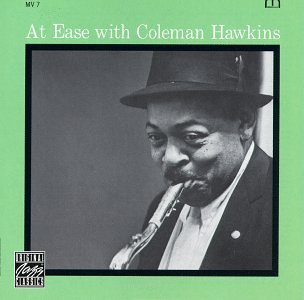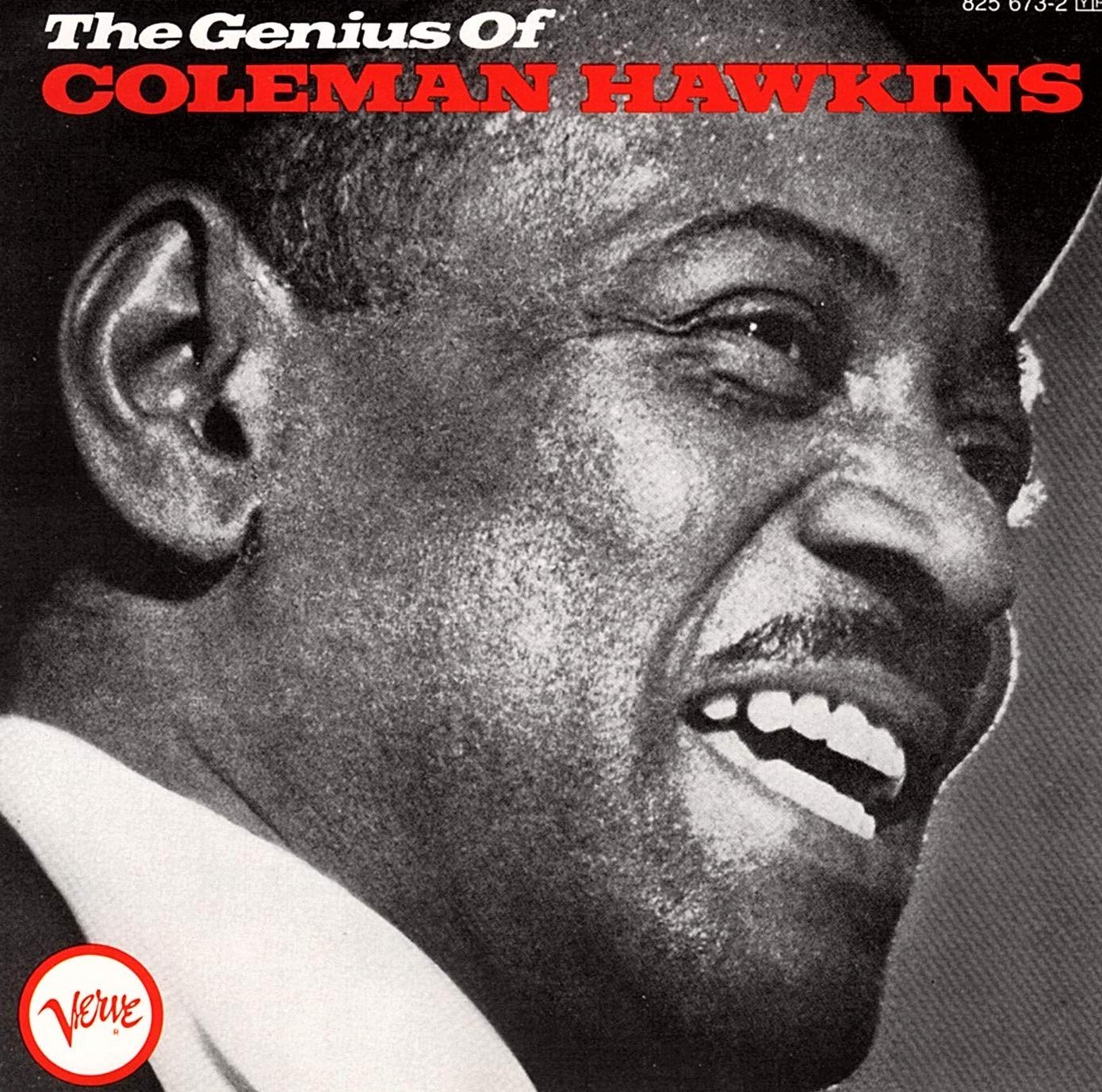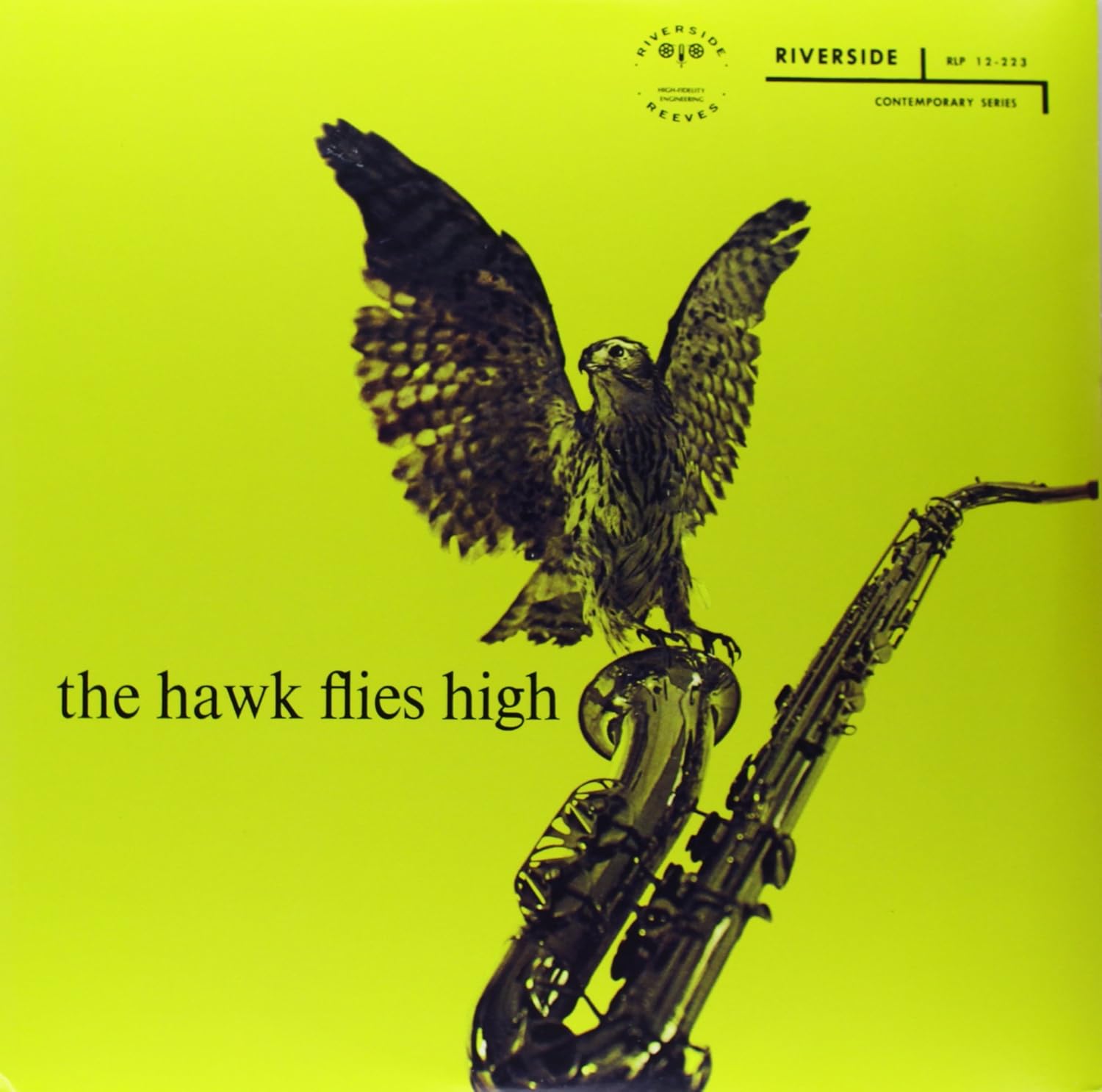On this November day, as twilight kisses the horizon, we gather our thoughts to celebrate the legendary Coleman Hawkins—a maestro whose breath transformed brass into poetry. He wasn't just a man with a saxophone; he was a conjurer of emotions, a voyager navigating the uncharted waters of jazz.

From the smoky basements of Harlem to the grand stages of the world, Hawkins carved melodies that lingered in the air like whispered secrets. His rendition of "Body and Soul" didn't merely play—it spoke. Each note was a heartbeat, each pause a silent tear, weaving a tale of longing without uttering a single word.
When he embraced "The Man I Love," it was as if he strummed the very strings of affection, sending vibrations that resonated deep within. His saxophone became Cupid's arrow, piercing through the mundane straight into the chambers of the heart.
With "Picasso," Hawkins painted soundscapes that defied the ordinary. Abstract yet intimate, it was a canvas where every brushstroke was a note, and every note a glimpse into the surreal corridors of his mind.
"April in Paris" flowed from his horn like a gentle breeze carrying the scents of spring. It transported listeners to cobblestone streets under a canopy of blossoming trees, where love is not just an emotion but a palpable presence.
In "Bean and the Boys," he swung with a vitality that dared the feet to remain still. It was a jubilant anthem, a rhythmic celebration that captured the essence of camaraderie and the joyous rebellion of youth.
"Desafinado" saw Hawkins bridging oceans, melding the sultry rhythms of Brazil with the free spirit of jazz. It was a dance of cultures, a harmonious dialogue that spoke of unity in diversity.
"Night Hawk" prowled the shadows, cloaked in mystery and allure. The deep, haunting tones beckoned like a siren's call, leading us into the enigmatic embrace of the night.
Then there's "Stuffy," a playful romp that showcased his lighter side. It bounced and swung, each note a mischievous grin, inviting us all to join in the revelry of sound.
"I Mean You" was a nod to Thelonious Monk, yet Hawkins stamped it with his signature flair. It was a witty conversation between old friends, filled with knowing glances and inside jokes only the truly initiated could understand.
Finally, "Hawk Eyes" pierced through the veil of the ordinary, gazing into realms unseen. It was as if he looked beyond the horizon, capturing melodies that drifted from the future back into the present.
Coleman Hawkins was the very breath of jazz—a force that gave life to the tenor saxophone, elevating it from obscurity to prominence. His influence is the ripple that became a wave, touching every musician who dared to pick up the horn after him.
He didn't just play music; he lived it, bled it, infused it with every fiber of his being. His sound was the echo of a soul unchained, a testament to the boundless possibilities when passion meets purpose.

As we reflect on his legacy, we find ourselves not in mourning but in awe. The Hawk soars still, his melodies riding the winds of time, whispering to those who listen closely enough.
So here's to Coleman Hawkins—the man, the myth, the melody. May his notes continue to flutter in the breeze, inspiring dreamers and lovers alike, forever etched in the symphony of life.






















